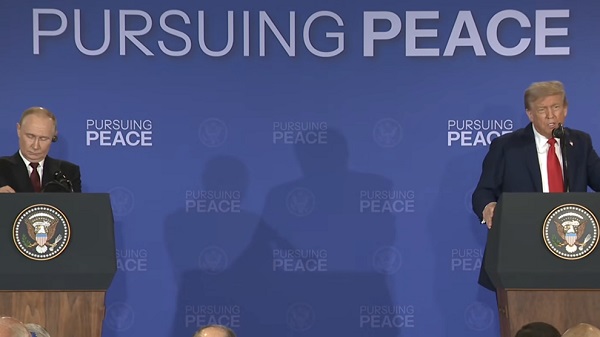Police forces across Britain are experimenting with artificial intelligence that can automatically monitor and categorize drivers’ movements using the country’s extensive number plate recognition network.
Internal records obtained by Liberty Investigates and The Telegraph reveal that three of England and Wales’s nine regional organized crime units are piloting a
Faculty AI-built program designed to learn from vehicle movement data and detect journeys that algorithms label “suspicious.”
For years, the automatic number plate recognition (ANPR) system has logged more than 100 million vehicle sightings each day, mostly for confirming whether a specific registration has appeared in a certain area.
The new initiative changes that logic entirely. Instead of checking isolated plates, it teaches software to trace entire routes, looking for patterns of behavior that resemble the travel of criminal networks known for “county lines” drug trafficking.
The project, called Operation Ignition, represents a change in scale and ambition.
Unlike traditional alerts that depend on officers manually flagging “vehicles of interest,” the machine learning model learns from past data to generate its own list of potential targets.
Official papers admit that the process could involve “millions of [vehicle registrations],” and that the information gathered may guide future decisions about the ethical and operational use of such technologies.
What began as a Home Office-funded trial in the North West covering Merseyside, Greater Manchester, Cheshire, Cumbria, Lancashire, and North Wales has now expanded into three regional crime units.
Authorities describe this as a technical experiment, but documents point to long-term plans for nationwide adoption.
Civil liberty groups warn that these kinds of systems rarely stay limited to their original purpose.
Jake Hurfurt of Big Brother Watch said: “The UK’s ANPR network is already one of the biggest surveillance networks on the planet, tracking millions of innocent people’s journeys every single day. Using AI to analyse the millions of number plates it picks up will only make the surveillance dragnet even more intrusive. Monitoring and analysing this many journeys will impact everybody’s privacy and has the potential to allow police to analyse how we all move around the country at the click of a button.”
He added that while tackling organized drug routes is a legitimate goal, “there is a real danger of mission creep – ANPR was introduced as a counter-terror measure, now it is used to enforce driving rules. The question is not whether should police try and stop gangs, but how could this next-generation use of number plate scans be used down the line?”
The find and profile app was built by Faculty AI, a British technology firm with deep ties to government projects.
The company, which worked with Dominic Cummings during the Vote Leave campaign, has since developed data analysis tools for the NHS and Ministry of Defence.
Faculty recently drew attention after it was contracted to create software that scans social media for “concerning” posts, later used to monitor online debate about asylum housing.
Faculty declined to comment on its part in the ANPR initiative.
Chief constable Chris Todd, chair of the National Police Chiefs’ Council’s data and analytics board, described the system as “a small-scale, exploratory, operational proof of concept looking at the potential use of machine learning in conjunction with ANPR data.”
He said the pilot used “a very small subset of ANPR data” and insisted that “data protection and security measures are in place, and an ethics panel has been established to oversee the work.”
William Webster, the Biometrics and Surveillance Camera Commissioner, said the Home Office was consulting on new legal rules for digital and biometric policing tools, including ANPR.
“Oversight is a key part of this framework,” he said, adding that trials of this kind should take place within “a ‘safe space’” that ensures “transparency and accountability at the outset.”
A Home Office spokesperson said the app was “designed to support investigations into serious and organised crime” and was “currently being tested on a small scale” using “a small subset of data collected by the national ANPR network.”
From a privacy standpoint, the concern is not just the collection of travel data but what can be inferred from it.
By linking millions of journeys into behavioral models, the system could eventually form a live map of how people move across the country.
Once this analytical capacity becomes part of routine policing, the distinction between tracking suspects and tracking citizens may blur entirely.



















